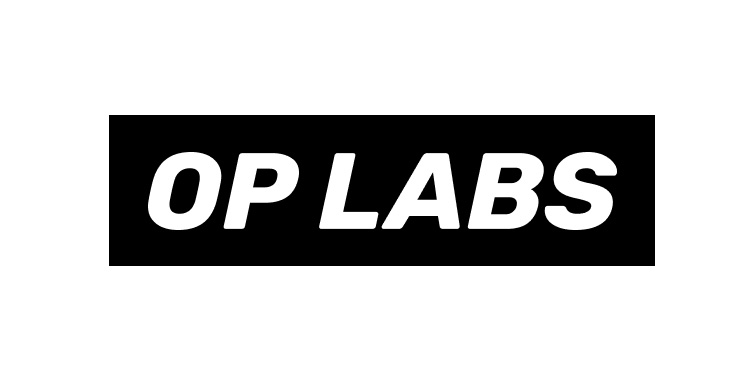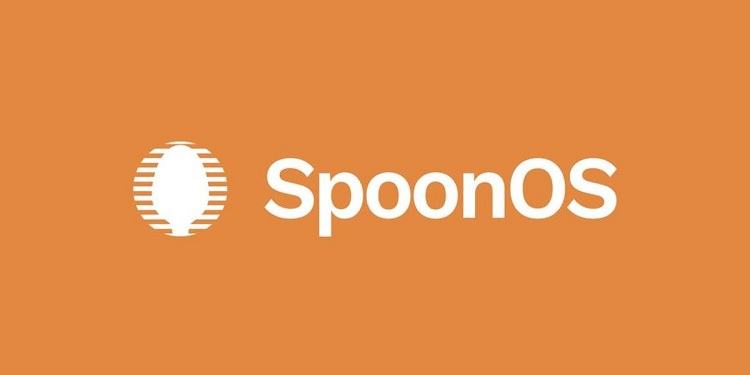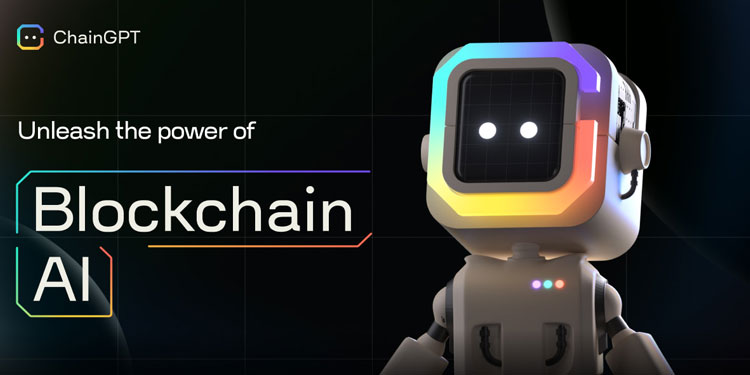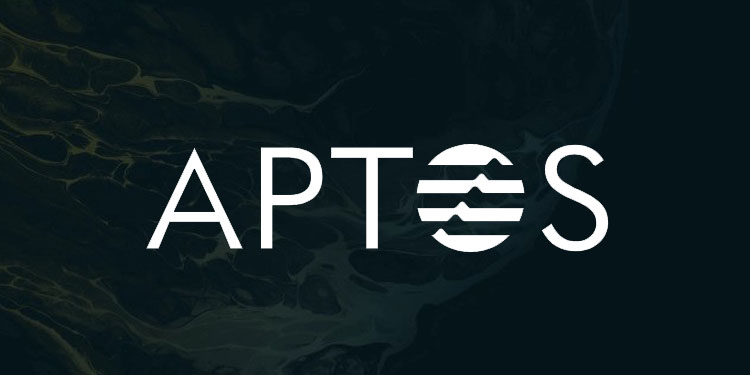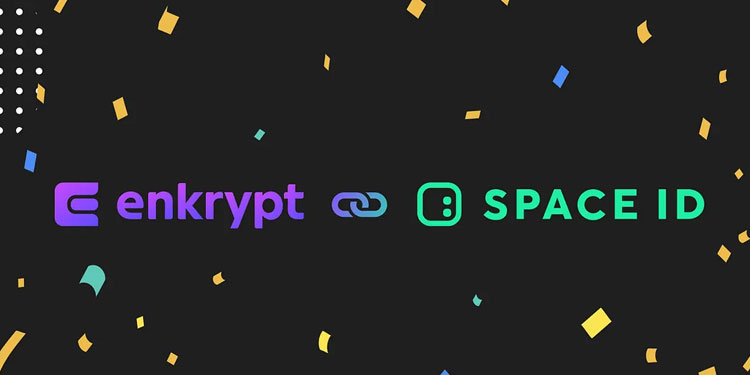The evolving Web3 landscape is witnessing a growing emphasis on digital identity technologies, especially as a response to rising concerns over AI-driven fraud and the increasing demand for secure infrastructure in real-world asset (RWA) tokenization. Several blockchain platforms and crypto service providers are now focusing on biometric integration and decentralized identification systems to strengthen user verification, privacy, and interoperability across decentralized applications.
A notable initiative in this space comes from IOST, a blockchain network also known as the Internet of Services Token. The platform recently completed the initial distribution of 1,000 biometric-enabled wearable devices, known as Signet Rings. These devices are designed to establish a direct link between a user’s physical presence and an on-chain decentralized identity using biometric data, particularly heart rate variability (HRV) patterns.
IOST has positioned the Signet Ring as a multi-functional tool that combines identity management, secure payments, proof-of-personhood (PoP), health monitoring, and even a decentralized alternative to traditional Know Your Customer (KYC) processes. The device is also expected to grant users access to the IOST ecosystem, where they can participate in rewards programs, manage NFT credentials, and interact with blockchain services more securely. Reports indicate that the company has already seen around 12,000 registrations for the wearable.
The platform noted that early adopters include decentralized finance (DeFi) users with significant portfolios, individuals pursuing incentive-based programs like airdrops, and Web3 investment professionals exploring strategic deployment tools. IOST refers to this biometric framework as Proof of Heartbeat. To advance this integration further, the company has partnered with StressWatch, an Apple Watch application focused on analyzing stress through HRV and resting heart rate data.
In a related development, InterLink Labs, a decentralized identity infrastructure provider, has gained strategic backing from Google for Startups. The firm specializes in generating anonymous proof-of-personhood using facial biometrics, allowing users to link real-world identities with tokenized assets without disclosing personal data. Within just three months of launching its app, InterLink Labs reported over one million facial scans conducted through its decentralized network.
The company suggested that this early traction, combined with Google’s investment, has positioned it to become a foundational layer for verifying physical-digital identity connections on a global scale.
The Signet Ring hype hasn’t cooled off yet 🔥
Read⬇️https://t.co/o7zVxWrqH4
— IOST (@IOST_Official) June 20, 2025
Meanwhile, Mercuryo, a European crypto wallet and fiat-to-crypto payment service, has incorporated biometric passkeys to improve transaction security. This update allows users to authenticate actions through fingerprint or facial recognition instead of traditional one-time passcodes (OTP). The rollout is planned across the firm’s network of more than 200 partners, including several non-custodial wallets.
Adding to this momentum, Eicol Exchange has announced the launch of its own decentralized identity (DID) system. This system, which activates following KYC verification, includes on-chain signature verification and offers self-sovereign credentials. These credentials can be applied across a broad Web3 spectrum—including DeFi platforms, NFT marketplaces, DAOs, and governance portals—for features such as secure transaction signing, reward claiming, and cross-platform authentication.
Eicol’s implementation aims to minimize centralized data vulnerabilities while ensuring compliance with global data protection standards, thus reinforcing both user safety and systemic trust.
Collectively, these advancements underscore the industry’s growing consensus that secure, decentralized identity is no longer optional in the Web3 ecosystem—it is essential. As biometric tools, on-chain IDs, and self-sovereign credentials gain traction, the future of digital identity in the decentralized world is becoming clearer, smarter, and more secure.


